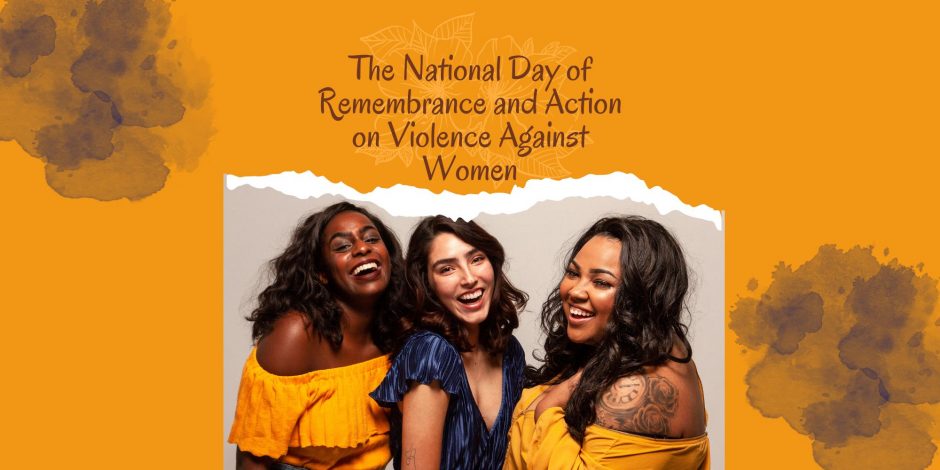
Written by Catalina Parra
The National Day of Remembrance and Action on Violence Against Women is commemorated in Canada on December 6th. We remember 14 women who were murdered while attending a mechanical engineering class at the École Polytechnique in Montreal. The perpetuator, Marc Lépine claimed to be fighting feminism as he stated in his suicide note: “I have decided to send the feminist, who have always ruined my life, to their Maker.” Lépine blamed women for his failure to gain entrance to the engineering program. However, at the time, many people described his actions as the work of a madman, disconnecting the violence from his hateful and misogynistic attitudes.
This crime is recognized today as an act of violence against women consistent with the definition of femicide. This dark episode in our history is also known as the École Polytechnique massacre or Montreal Massacre. The Canadian Parliament has designated December the 6th as a day in which Canadians remember those who have experienced gender-based violence and those who we lost to it.
We remember:
- Geneviève Bergeron
- Hélène Colgan
- Nathalie Croteau
- Barbara Daigneault
- Anne-Marie Edward
- Maud Haviernick
- Maryse Laganière
- Maryse Leclair
- Anne-Marie Lemay
- Sonia Pelletier
- Michèle Richard
- Annie St-Arneault
- Annie Turcotte
- Barbara Klucznik-Widajewicz
Although 33 years have passed, misogyny still exists today and we must reaffirm our commitment to fight hatred. Currently, women, girls and LGBTQIA2s+ individuals continue to face unacceptable violence and discrimination. Approximately every six days, a woman in Canada is killed by her intimate partner (Canadian’s women’s foundation). Gender-based violence increased significantly during the COVID-19 pandemic. There have been reports from police services, shelters, and local organizations of an increase in calls related to gender-based violence across Canada during the pandemic (Government of Canada).
Additionally, it is important to note the intersectionality of racism, ableism and gender-based violence.
*Women with a disability are three times more likely to experience violent victimization than women living without a disability (Adam Cotter, Statistics Canada, 2021).
*Indigenous women and girls are 12 times more likely to be murdered or missing than any other women in Canada, and 16 times more likely than white women. (National Inquiry into Missing and Murdered Indigenous Women and Girls, 2019)
*Women who identify as lesbian or bisexual are three to four times more likely than heterosexual women to report experiencing spousal violence. (Laura Simpson, Statistics Canada, 2021)
Ways to honor victims and survivors:
- Wear a white ribbon in support of the global movement of men and boys working to end male violence against women.
- Attend a vigil in your community.
- Observe a moment of silence on December 6th at 11am.
- Inform and educate others about the École Polytechnique massacre and the ongoing fight to end violence against women.
- Add your voice to the conversation and share the ways you are being part of the solution to end gender-based violence.
Sources: